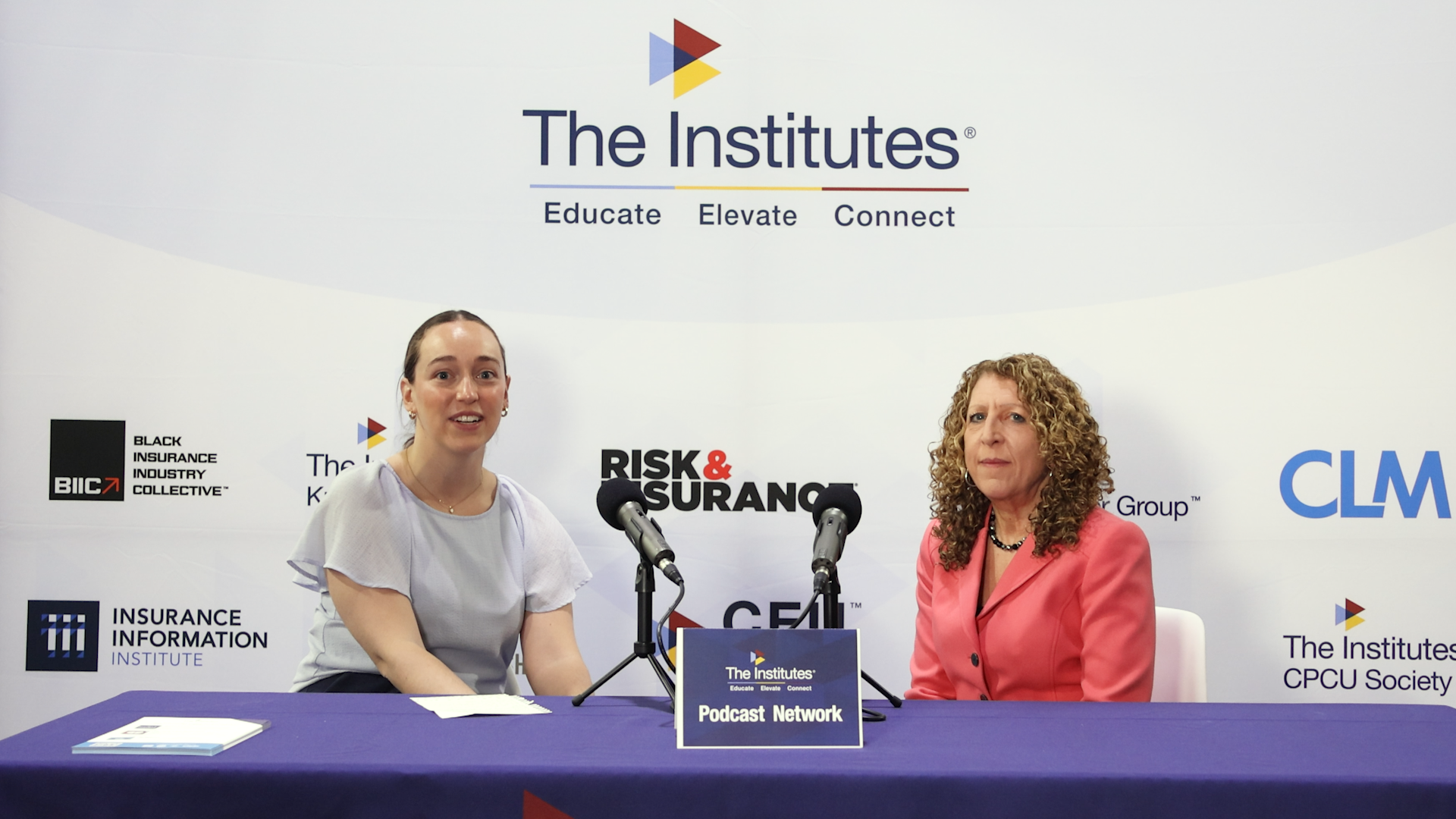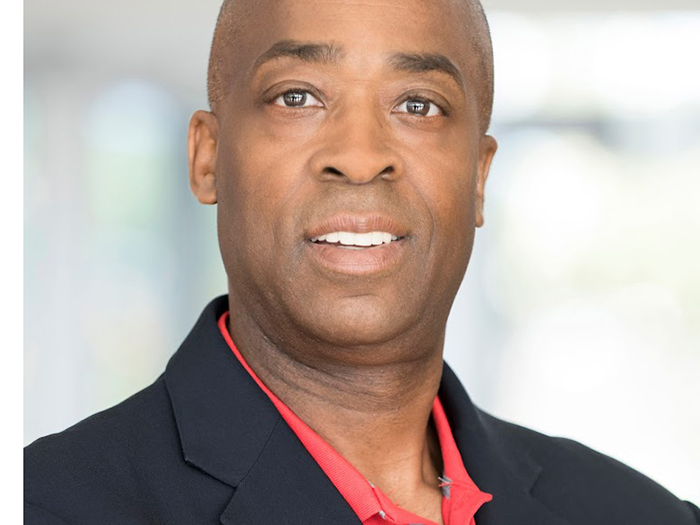Legal Roundup: Boeing Crashes Face Court, Duke and UNC Hiring Practices Questioned and More

Boeing Settles First Lawsuits in Wake of Lion Air 737 MAX Crash
The Case: Almost one year after the Lion Air 737 MAX crash that killed 189 people in Indonesia, Boeing has settled 11 lawsuits from families of the victims.
Scorecard: Reuters, citing three people familiar with the matter, reports that families of each victim will receive $1.2 million. Those settlements are separate from voluntary payments of $144,500 Boeing is making to the families of each person that died in a 737 MAX accident.
Takeaway: Boeing appears to be doing the right thing by trying to get compensation to victims families quickly.
But it’s just the beginning.
CNBC explains: “The settlements are the first to be announced among more than 50 lawsuits that were filed against Boeing relating to the Lion Air crash on October 29, 2018. Boeing is also facing dozens of lawsuits related to an Ethiopian Airlines 737 MAX crash in March 2019 that killed 157 people.”
Southwest Sues Liberty Insurance Underwriters Over $10 Million Claim
The Case: A 2016 computer outage sent Southwest Airlines reeling.
Its website and backup systems went down in the blink of an eye, which led to cancelled flights, stranded travelers and plenty of unforeseen expenses.
“Southwest said its insurance claim for the outage exceeded $77 million, including nearly $22 million for cancelled trip revenue, $16.6 million for an extension of its fare saver promotion, $13.8 million for lost booking revenue and $6.6 million in vouchers,” according to the Dallas Business Journal.
But Liberty Insurance Underwriters has not paid its portion of the claim ($10 million), and Southwest is suing the insurer, according to the newspaper.
Scorecard: Southwest claims that other providers paid their portions of the claim, according to the Dallas Business Journal. Could that be a telling factor in how this case plays out? We’ll have to wait and see.
Takeaway: Tech is reliable, until it’s not. Then, typically, insurers are on the hook to pick up the pieces.
SmileDirectClub Sued by Orthodontists, Consumer
The Case: A group of orthodontists and a consumer have sued SmileDirectClub, the buzzy dental startup that sells invisible aligners to help people straighten their teeth.
The Nashville Business Journal explains: “The lawsuit, filed in Middle Tennessee U.S. District Court by a group of orthodontists and a consumer, alleges that SmileDirectClub has damaged the doctors’ businesses by illegally practicing dentistry.
“The complaint also alleges that the Nashville-based company misled consumers about its product’s effectiveness and level of customer satisfaction. The orthodontists are asking for damages related to the profits earned by SmileDirectClub and allegedly lost by the doctors as a result of the company’s ‘misrepresentations,’ according to the filing.”
Scorecard: The lawsuits were recently filed, so it’s unclear how this case will play out. Just days before the lawsuit was filed, SmileDirectClub rang the opening bell of the NASDAQ stock market, watching their new stock fall from $23 to $13 (as of Sept. 27).
Takeaway: Is this a case of a startup disrupting an industry, leading to sour grapes from traditional players? Or is SmileDirectClub breaking laws and doing serious damage to consumers and orthodontists?
Those questions are likely to make-or-break this case. The Nashville Business Journal previously spoke with co-founder Alex Fenkell about various other lawsuits facing the company, and he said the dental industry is threatened by SmileDirectClub.
The paper reports him saying: “Whenever you disrupt an industry, there is going to be inherent friction. We are all about access to care and we are prepared to defend that and fight for it at any cost,” Fenkell said.
“It’s really a shame that more [dental professionals] aren’t excited about this model to help more people. That’s why they got into this in the first place.”
Did Duke and North Carolina Work Together to Keep Salaries Low?
The Case: On the basketball court, Duke University and the University of North Carolina are bitter rivals. In the hiring world, they’re being accused of colluding to keep medical workers salaries low by not hiring staff away from one another.
Scorecard: Duke loses and UNC skates free on a technicality.
Duke has settled the case for $54 million, most of which will go to current and former employees.
They’ll get around $6,000 each, the Washington Post says. “UNC was dropped as a defendant last year because the public institution could invoke constitutional limits on federal lawsuits against states.”
Takeaway: Collusion keeps salaries down and limits opportunities for well-meaning professionals. &










